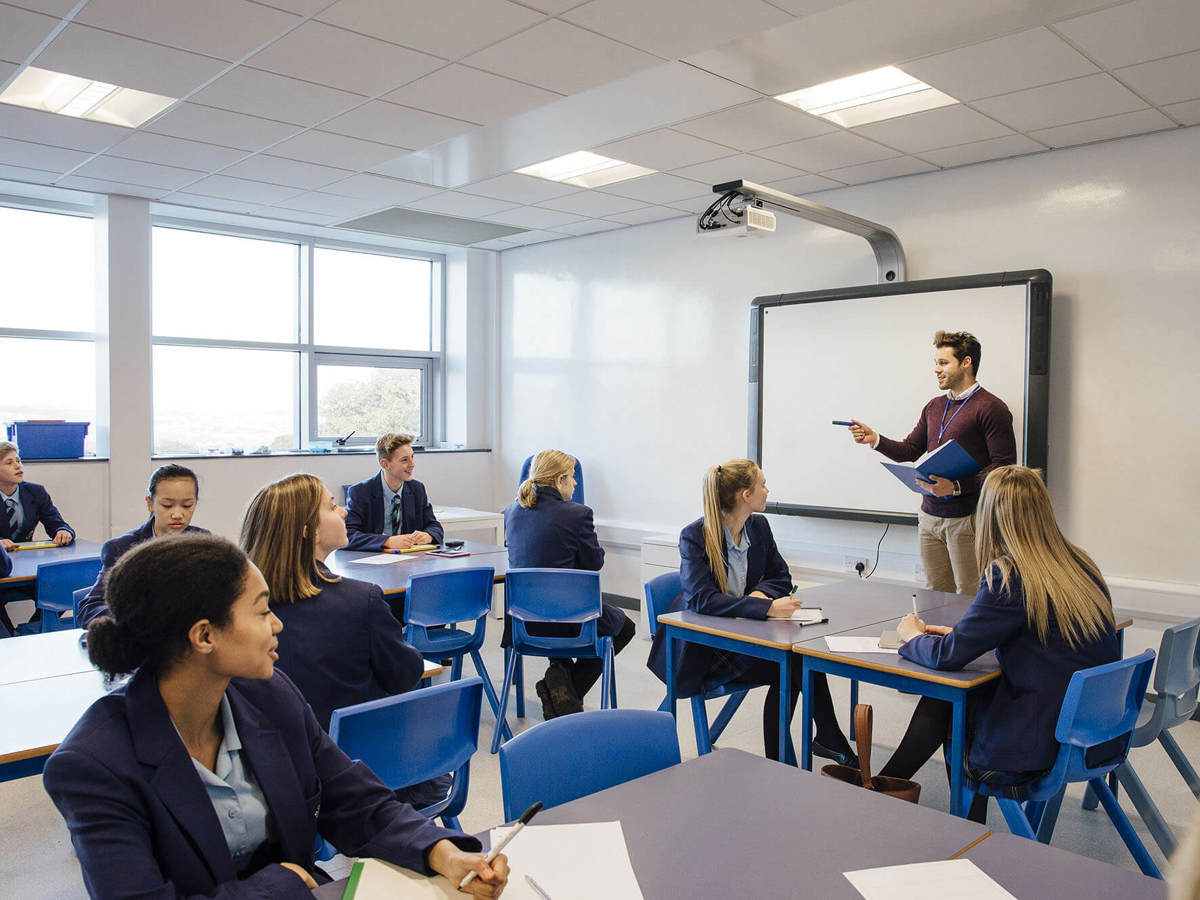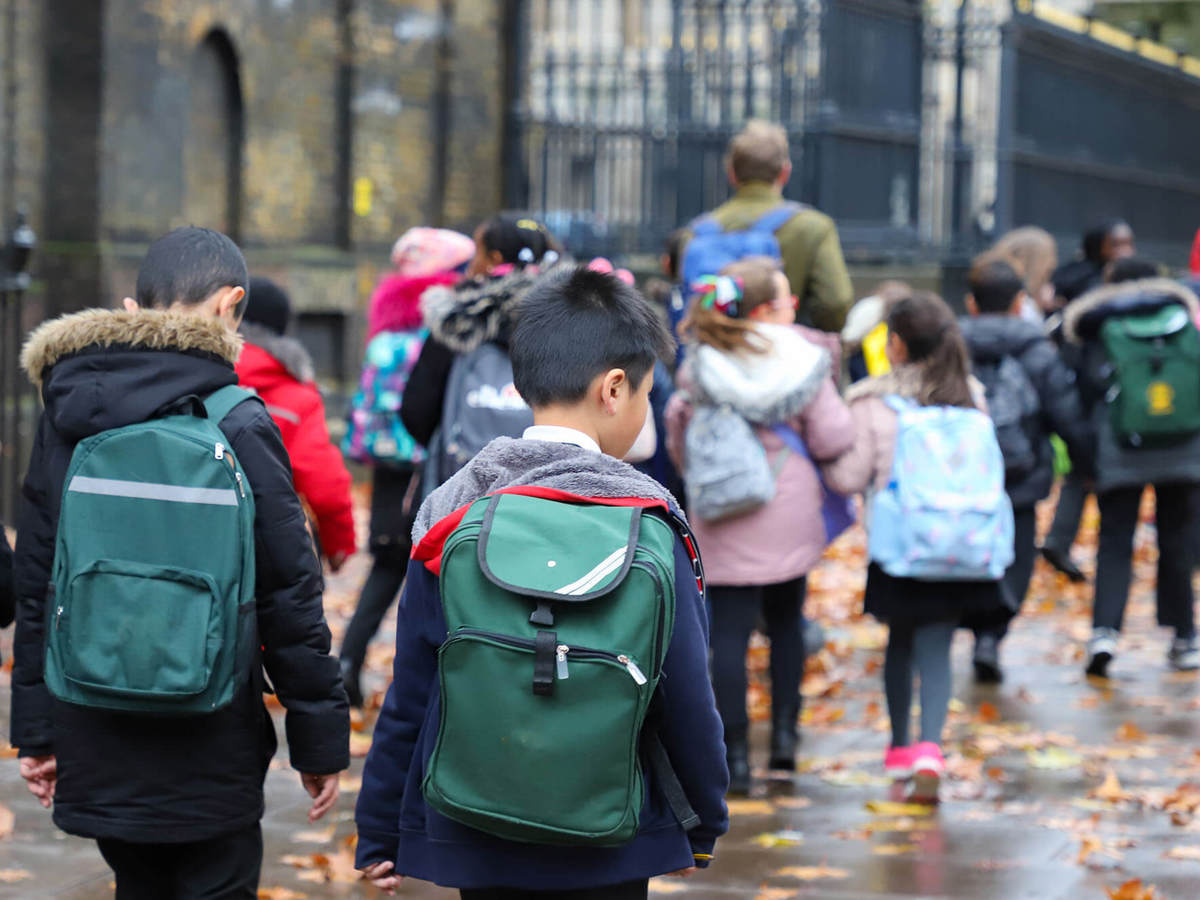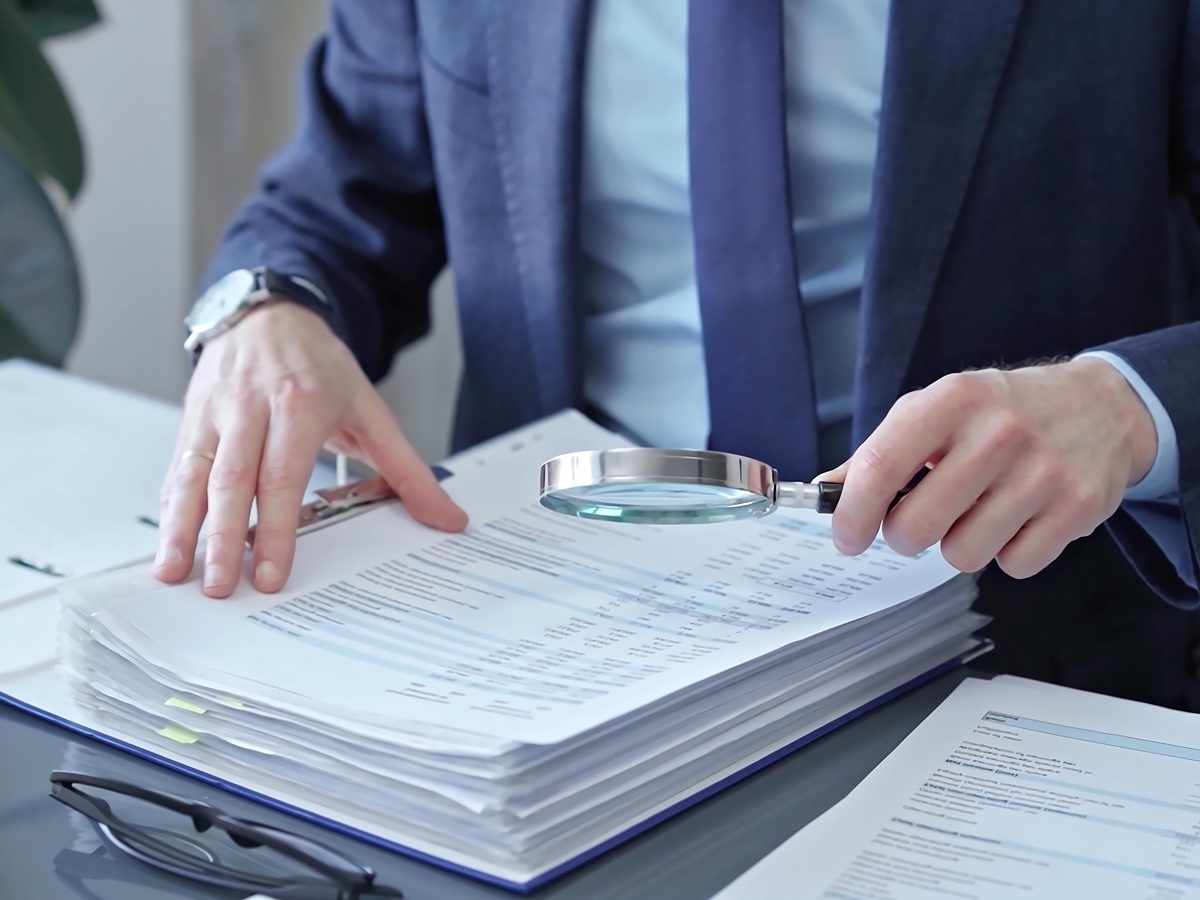Ofsted inspection
A guide to Ofsted inspection
What governing boards can expect from inspection, what inspectors look for and steps to take following an inspection.
Guidance
04/11/2025

Ofsted inspection provides independent, external evaluation and identifies what needs to improve for provision to meet expected standards or better support the continuous improvement and effective running of the school.
This guide has been developed to help governing boards:
- know what to expect from an Ofsted inspection
- understand what inspectors look at and some of the evidence they consult
- take steps following inspection to support school improvement
Member-only content
Want to read this?
Become a member
NGA members get exclusive access to hundreds of practical resources including guidance, checklists and planners.
We’re here to support you at every stage of your governance journey with expert advice, training, events, and much more.
Already a member?
Related content
-
Guidance
![someone lookin at overseeing vision reports]()
-
Guidance
![Pupils-learning young pupils running out of their school gates]()
-
Tools & templates
![teacher smiling whilst a meeting is being conducted behind him]()
-
Tools & templates
![]()
-
Guidance
![people looking at documents and making notes during a meeting]()
-
Guidance
![school-environment pupils learning outside on grass]()
-
Guidance
![school-environment coat hangers filled with children's bags and coats]()
-
Tools & templates
![tools-resources spread and organised documents being checked over]()
-
Tools & templates
![training six people looking same direction]()
-
Guidance
![Pupils-learning teaching secondary school class]()
-
Guidance
![school-environment group of pupils out on a trip]()
-
Guidance
![training three woman in discussion]()
-
Guidance
![Pupils-learning pupil asking a question in class]()
-
Guidance
![Pupils-learning teaching secondary school class]()
-
Guidance
![Pupils-learning pupil writing at front of the class]()
-
E-learning
![training woman standing with paper in blurred background]()
-
Training & development
![disciplinary meeting at a school]() Bespoke for your board(s)Ofsted inspection
Bespoke for your board(s)Ofsted inspectionNavigating Ofsted – what governors and trustees need to know
-
News
![]()
-
Blog
![]()
-
News
![school-environment coat hangers filled with children's bags and coats]() Updated: 12/11/2025Latest updates
Updated: 12/11/2025Latest updatesMinister for Early Education writes to governors and trustees about school attendance
-
Blog
![Pupils-learning in class]() Updated: 05/11/2025Pupils & learning
Updated: 05/11/2025Pupils & learningA New Curriculum for Schools: Key Takeaways from the Francis Review
-
Blog
![]()
-
Events & networks
![]() 15/10/202516:30 - 18:00ZoomOfsted inspection
15/10/202516:30 - 18:00ZoomOfsted inspectionNew approach to Ofsted inspections with Sir Martyn Oliver
-
Blog
![]() Updated: 16/10/2025Ofsted inspection
Updated: 16/10/2025Ofsted inspectionThree key topics governors and trustees are talking about this term
-
News
![]()
-
Blog
![]()
-
News
![]() Updated: 10/07/2025Latest updates
Updated: 10/07/2025Latest updatesAnnual Governance Survey 2025: School Finances and SEND System at Breaking Point
-
Blog
![]()
-
Governing Matters
![]()
-
Webinar
![]() Updated: 04/02/2025Ofsted inspection
Updated: 04/02/2025Ofsted inspectionNavigating the Culture of Ofsted: Empowering Governance Amidst Change
-
News
![someone lookin at overseeing vision reports]()
-
Blog
![]()
-
Events & networks
![]() 07/05/20269:30 - 16:30Excel London, Royal Victoria Dock, 1 Western Gateway, London E16 1XLLatest updates
07/05/20269:30 - 16:30Excel London, Royal Victoria Dock, 1 Western Gateway, London E16 1XLLatest updatesMAT Conference 2026




























